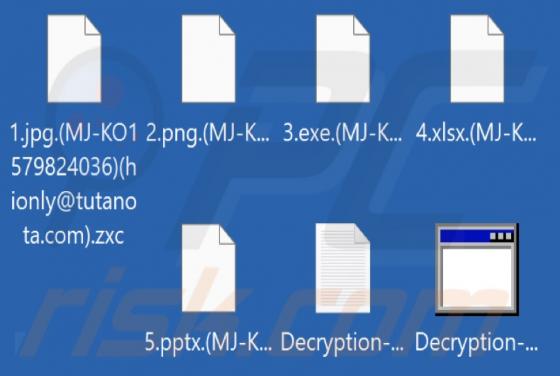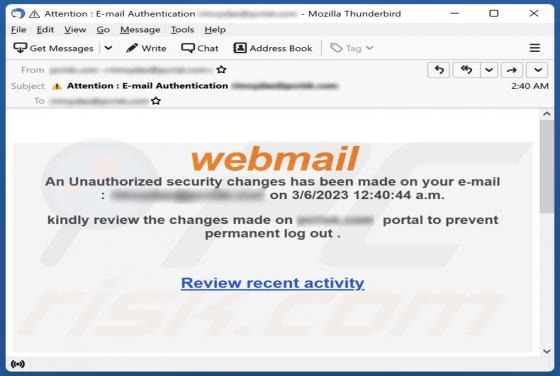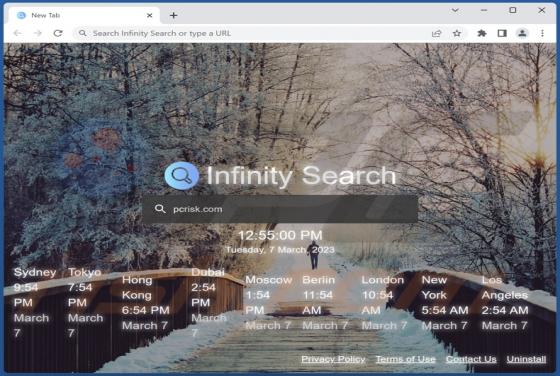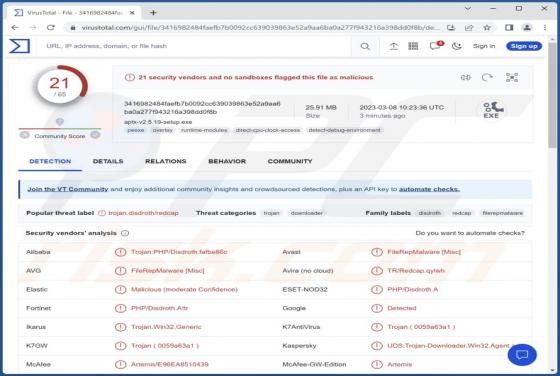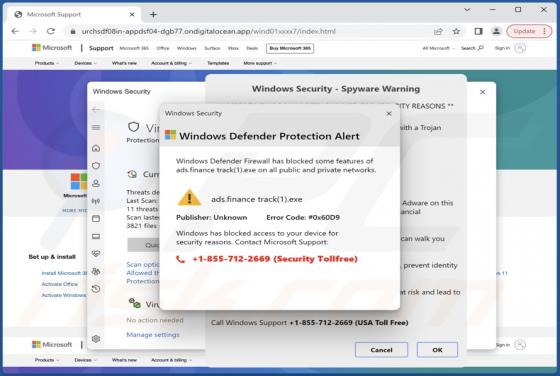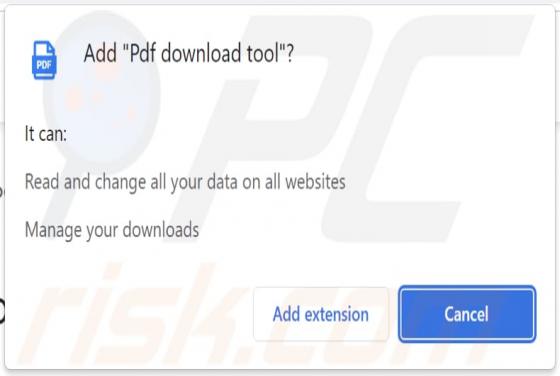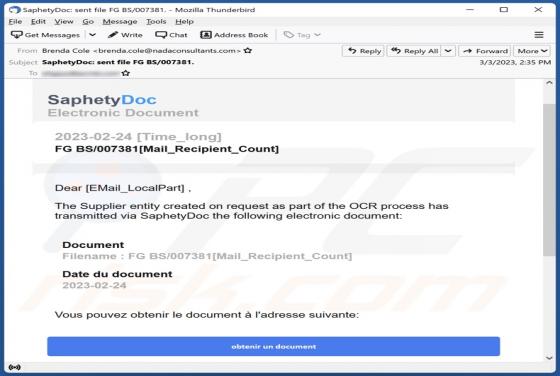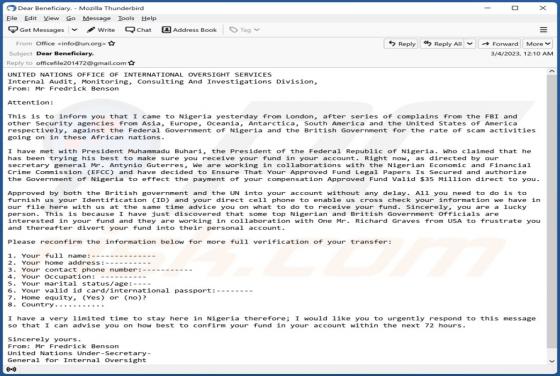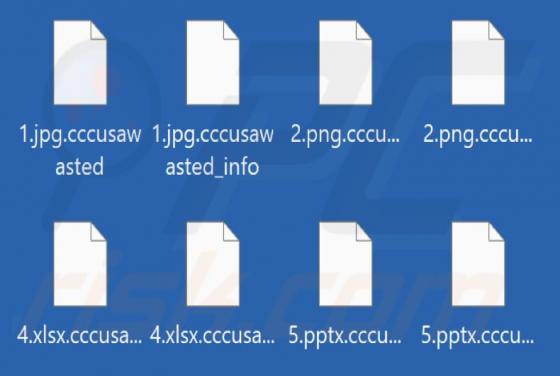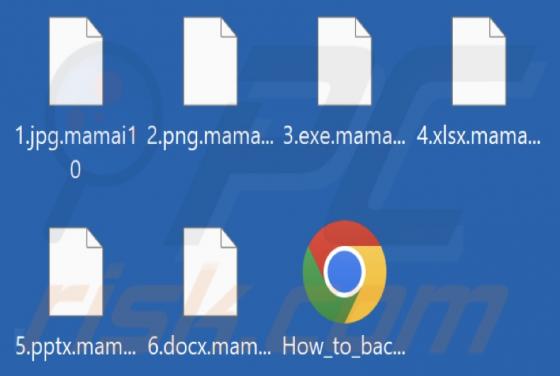
Mamai Ransomware
Mamai is the name of a ransomware-type program. It is part of the MedusaLocker ransomware family. Once we executed a sample of Mamai on our test machine, it began encrypting files and appended their filenames with a ".mamai10" extension. Original filename like "1.jpg" appeared as "1.jpg.mamai10",
